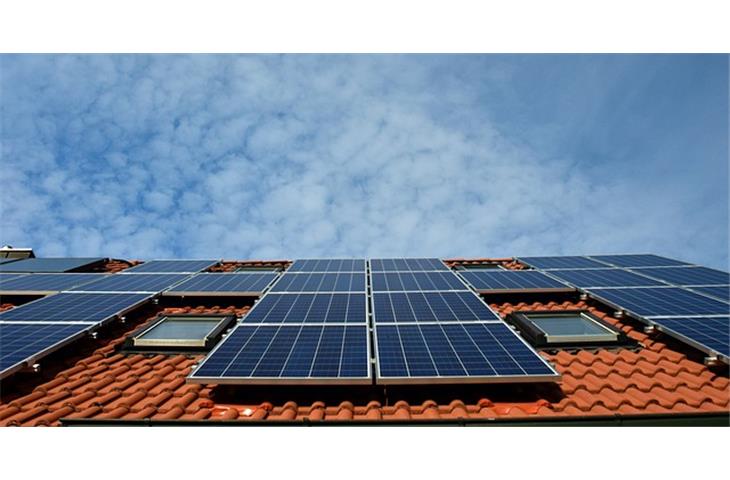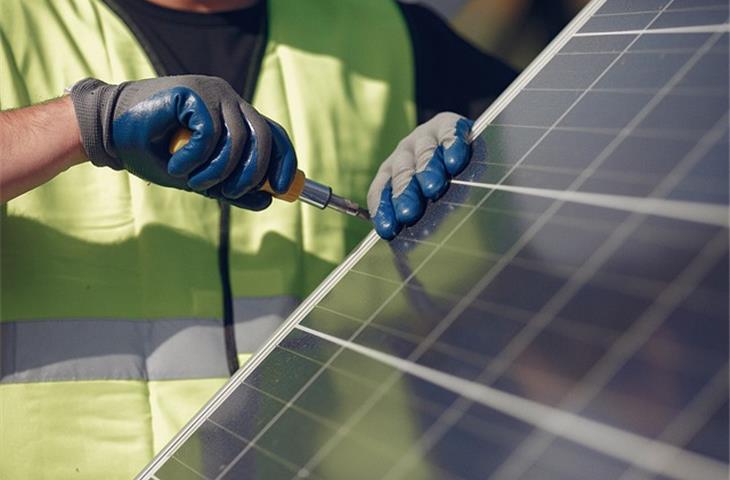The electrical panel is undeniably a pivotal element within any structure, acting as the conduit distributing requisite power to various apparatuses and systems. The integrity and security of this vital infrastructure is of utmost priority. Among the efficacious strategies employed in achieving this objective is the incorporation of various models of electrical panel locks. These durable components exhibit diverse designs and functions, each specifically tailored to serve its own designated function. Within this discourse, we shall probe the distinctive varieties of electrical panel locks, their salient attributes, and the advantages they confer. Furthermore, we will elucidate the prevalent necessities linked to these locks and furnish pragmatic insights for their implementation in actual situations.
Need 1: Augmented Security

The fundamental role of electrical panel locks is to restrict unauthorized access to the panel. This necessity stems from the inherent hazards associated with meddling with the electrical system. Employing locks enables proprietors and facility managers to guarantee that only authorised personnel may gain entry to the panel. This not only mitigates the likelihood of electrical mishaps but also safeguards the property against theft or vandalism.
Need 2: Conformity with Safety Protocols

Numerous nations and territories enforce specific safety protocols pertaining to the utilisation of electrical panels. These regulations frequently necessitate the installation of locks on electrical panels to deter unapproved access. Addressing this requirement ensures adherence to these protocols and averts potential legal ramifications.
Need 3: Simplified Maintenance and Upgrades

Electrical panels necessitate periodic upkeep and occasional enhancements. Locks that are straightforward to install, detach, and substitute expedite the process of maintenance and upgrades. This necessity underscores the significance of opting for locks that align seamlessly with the electrical panel’s design and can be effortlessly adapted to changing requirements.
Need 4: Personalization and Adaptability
Diverse edifices and applications possess distinct prerequisites for electrical panel locks. This necessity accentuates the importance of offering a plethora of lock types, each equipped with customisable features. By proffering alternatives that cater to specific needs, manufacturers can satisfy the multifaceted demands of their clientele.
Let us now delve further into each of these demands and the corresponding electrical panel lock types that cater to them.
Augmented Security
conceives, a diverse array of locks is accessible for electrical panels. Let’s examine some of the more ubiquitous types:
1. Keyed Locks: Requiring a distinct key for unlocking, these locks grant a substantial level of security. They are well suited for structures with limited access and are typically utilized in commercial and industrial domains.
2. Combination Locks: Offering a superior degree of security compared to keyed locks due to their requirement of a numerical spectrum or alphabetic code for unlocking. They are ubiquitously deployed in educational institutions and health care facilities.
3. Electronic Locks: Awarding the maximum degree of security as they necessitate a password or fingerprint for unlocking. They are regularly deployed in high-security environments like data centers and government structures.
Conformity with Safety Protocols
For alignment with safety protocols, locks that adhere to prescribed standards must be chosen. Within the United States, the National Electrical Code (NEC) delineates guidelines for electrical panel locks. Certain locking variants complying with NEC mandates encompass:
1. UL-Certified Locks: Having undergone rigorous testing and certification by the esteemed Underwriters Laboratories (UL), these locks guarantee conformity with the NEC and other pertinent regulations.
2. Fire-Resistant Locks: In certain instances, electrical panels are embedded in fire-resistant walls or ceilings. Fire-rated locks are engineered to uphold the integrity of the fire-rated compartment and impede unauthorized access during a conflagration.
Simplified Maintenance and Upgrades
When selecting locks for electrical panels, the convenience of maintenance and upgrades should not be overlooked. Certain locks are ingeniously designed with this consideration, including:
1. Quick-Disconnect Locks: These locks can be swiftly detached and reattached without the need for specialised apparatus. They prove particularly beneficial for maintenance and upgrades.
2. Locks with Supplementary Security Features: Certain locks incorporate supplementary security features such
 logo
logo